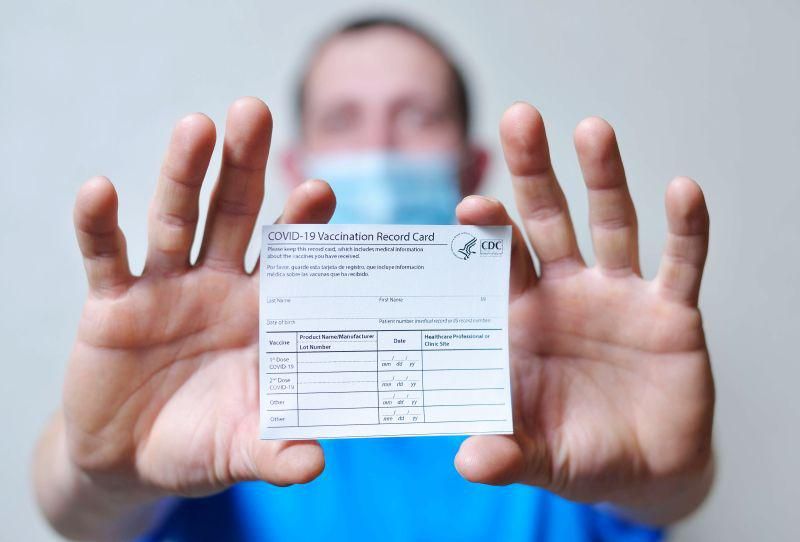
The U.S. Food and Drug Administration plans to expand emergency use of Pfizer’s coronavirus vaccine by next week so that children as young as 12 can be immunized. After Pfizer’s trial in adolescents showed its vaccine worked as well in teens as it does in adults, the FDA started preparing to add an amendment covering… read on > read on >






























